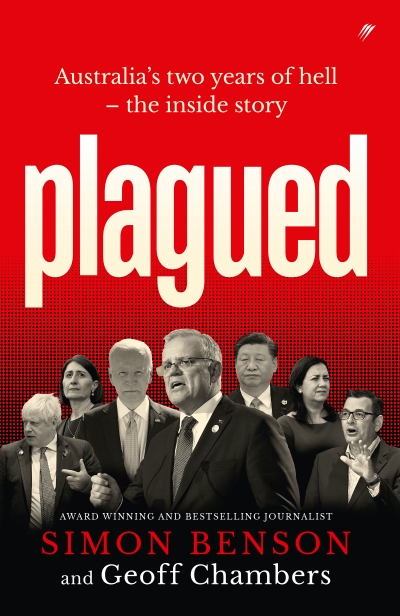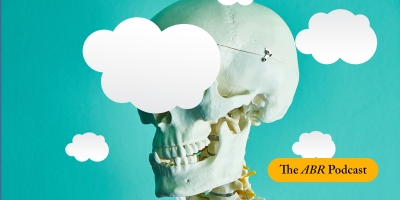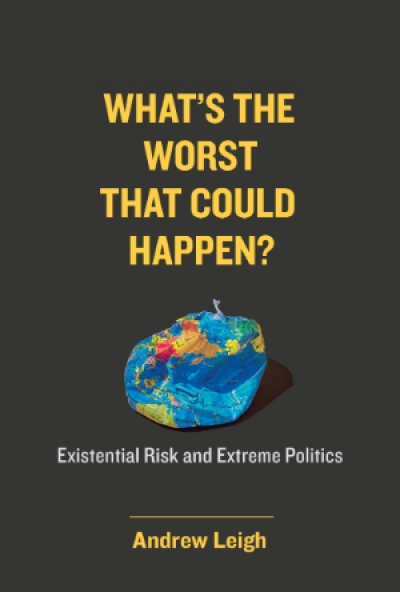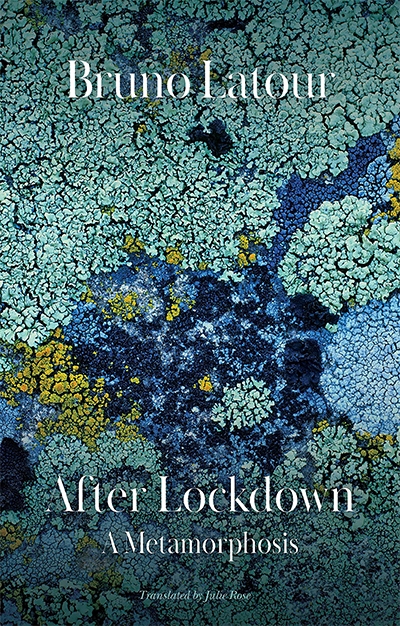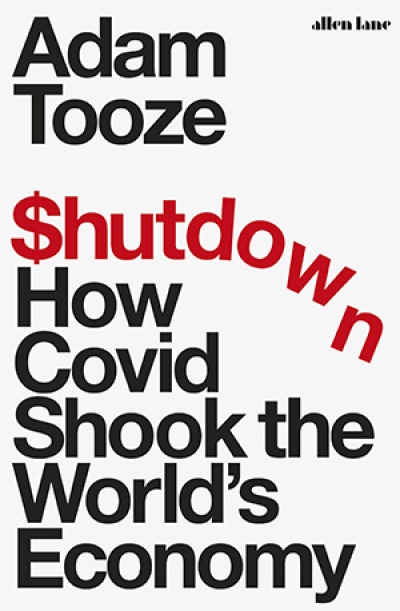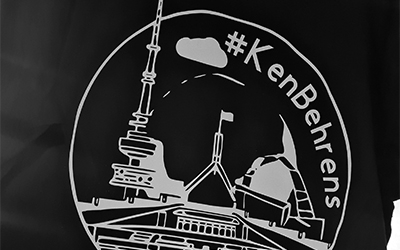Pandemic
Plagued: Australia’s two years of hell – the inside story by Simon Benson and Geoff Chambers
Few phrases captured the atmosphere of lethargy and disorientation in which many of us lived under lockdown as ‘brain fog’. The term has come to denote a whole range of symptoms – from fatigue and forgetfulness to anxiety and an inability to focus – that serve as an historical marker for our Covid moment. Yet, as literary scholar Thomas H. Ford observes, the malaise is far from unique to the twenty-first century. In this episode of The ABR Podcast, listen to Ford as he traces the history of cognitive fuzziness, revealing the persistent concerns about mental overwork of which ‘brain fog’ is only the latest diagnosis.
... (read more)The Australian summer was once again a story of Covid. Just as things were slowly reaching a state of ‘Covid-normal’, Omicron came along to present us with new, decidedly unwelcome, challenges. Despite Omicron, our summer did not pass by without one of its most defining features: sport. Many events went ahead as planned, not least the Australian Open tennis tournament.
... (read more)It was, inevitably, in a Zoom meeting that I first noticed the phrase. A colleague, excusing some minor oversight, explained it away with the words: ‘Sorry, Covid brain fog.’ Although I hadn’t consciously registered the expression before, I knew exactly what she meant.
... (read more)What’s the Worst That Could Happen?: Existential risk and extreme politics by Andrew Leigh
After Lockdown: A metamorphosis by Bruno Latour, translated by Julie Rose
More than a year ago, I wrote about how those of us interested in language were tracking the many words and expressions being generated by the Covid-19 pandemic. At the time, all of Australia was in iso, and we had all turned to the joys (for some of us) of isobaking or learning to crochet. As the pandemic has dragged on, the language generated by it has changed. The Covidspeak of 2021 reflects our concerns about vaccinations, borders, and the impact of the Delta variant (often shortened to Delta or the Delta). The language of the pandemic has shifted to reflect our increasing frustration with slow vaccination rates, multiple and extended lockdowns and border closures, and government decisions and actions taken around these things.
... (read more)In the allegory of the cave, Plato hypothesised the birth of the philosopher as one who emerged from the darkness of illusion into the light of truth. In the dark days of the Covid-19 pandemic, philosophers are finding a platform, mostly in the press, indicative perhaps that we need an interpretation of what is happening around us beyond that offered by the media and daily conferences. As with Plato’s philosopher, what they have brought back is not necessarily what we wanted to hear, and some have been threatened with pariah-like status for views that sometimes run counter to the prescribed consensus. This was certainly the case with Italian political philosopher Giorgio Agamben.
... (read more)

